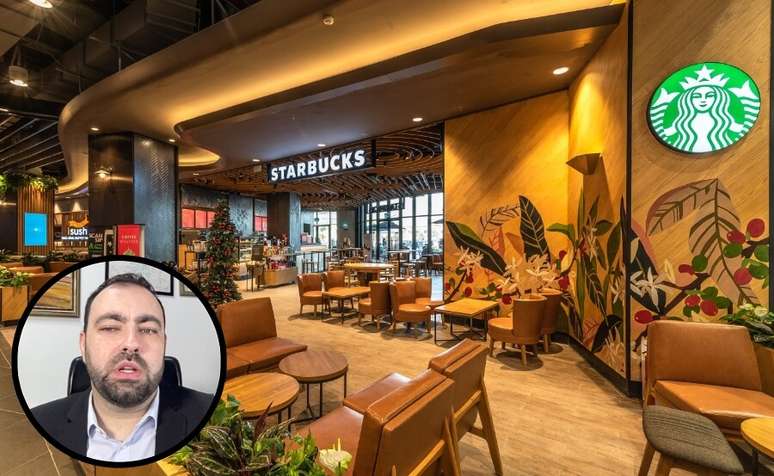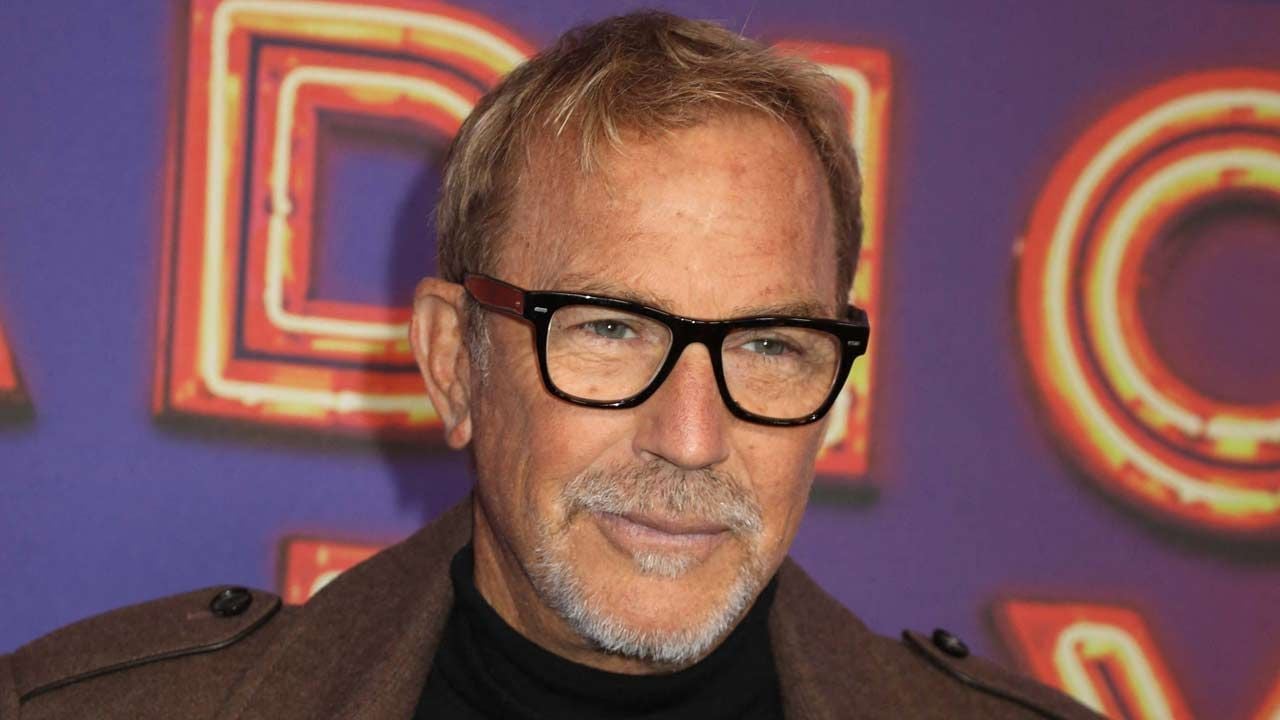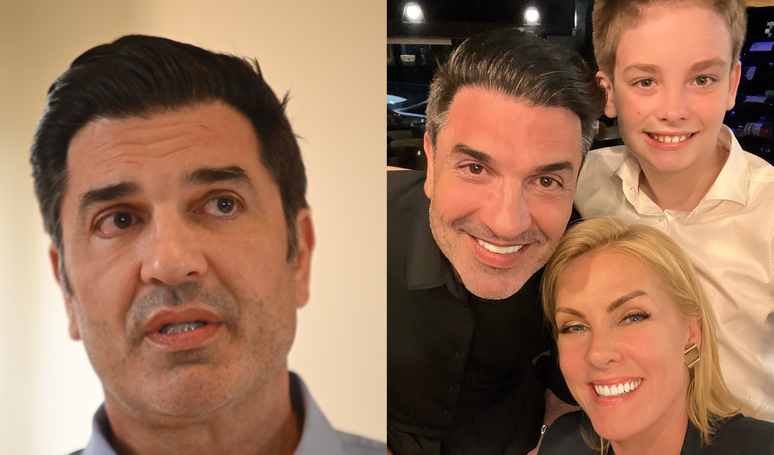Experts point out that the group’s judicial recovery is similar to that of Saraiva
-
BY PARTICIPATING

Why did it go wrong? 5 Starbucks mistakes in the Brazilian market
-
BY PARTICIPATING

“It was a paradigm shift,” Pestana says of Revista Raça
-
BY PARTICIPATING

“You have to go through processes,” Raça’s CEO says about the venture
With an estimated debt of R$1.8 billion, SouthRock, operator of brands in Brazil such as Starbucks, Eataly and TGI Fridays, has filed for judicial recovery.
The company highlighted that the economic crisis and the Covid-19 pandemic were the factors that reduced its profits. In 2020, SouthRock saw a 95% drop in sales. In 2021 the decline was 70%. Last year, a 30% decline.
The Court of São Paulo asked for further clarification regarding the manager’s request. Judge Leonardo Fernandes dos Santos, of the 1st Bankruptcy Court of São Paulo, ordered a preliminary examination of the documentation presented by the company.
SouthRock submitted a list of creditors more than 150 pages long to the court. Among these are the Starbucks headquarters itself (an estimated debt of R$49 million to regularize the use of the name here) and banks such as Banco do Brasil, Bradesco, Santander, ABC, BS2, Sofisa and Votorantim.
For Fernando Canutto, corporate law specialist and partner at Godke Advogados, SouthRock’s judicial recovery process resembles that of Saraiva, which declared self-bankruptcy last month.
“This was a very large expansion when the market couldn’t support it. Saraiva provided exactly this justification when it filed for judicial recovery. And during the pandemic, Starbucks pushed forward with this expansion when the market couldn’t support it. able to absorb it,” he explains.
The Starbucks case is different from the Americanas case
For Filipe Denki, specialist in corporate law and restructuring, partner at Lara Martins Advogados, the case of the Starbucks owner is not similar to that of Americanas.
“The judicial recovery request made by Americanas was the consequence of the accounting scandal. The SouthRock case, at least initially, was due to financial difficulties,” he points out.
Denki criticizes the idea that the judicial recovery mechanism serves to protect managers of companies in difficulty. “It is a mistake to say that it protects the debtor more than the creditor. The objective is to protect entrepreneurial activity and its social function: generating jobs, paying taxes and generating wealth. The punishment should target managers, shareholders control and managers in case of evidence of mismanagement,” he explains.

Canutto believes Starbucks has not fared so well in Brazil due to the company’s difficulty understanding the domestic market, as well as the high prices charged for products.
“Brazil has a different coffee culture than the United States. There people go to work there. Here it’s more about drinking and chatting. Plus the prices charged here are high, which makes it difficult to penetrate the market”, He explains.
inspires transformation in the world of work, in business, in society. Compasso, a content and connection agency, is born.
Source: Terra
Ben Stock is a lifestyle journalist and author at Gossipify. He writes about topics such as health, wellness, travel, food and home decor. He provides practical advice and inspiration to improve well-being, keeps readers up to date with latest lifestyle news and trends, known for his engaging writing style, in-depth analysis and unique perspectives.








